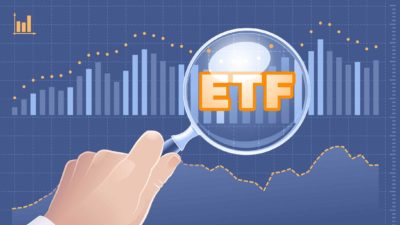It's not often that one ASX share on the S&P/ASX 200 Index (ASX: XJO) can drag the whole market down. But that is arguably what happened to the ASX 200 yesterday. But was it really all thanks to the BHP Group Ltd (ASX: BHP) share price?
Yesterday saw the ASX 200 lose a nasty 2% of its value. But the BHP share price shed a seemingly nastier 7.61%, falling from $40.60 at Wednesday's close to $37.51 a share by the end of yesterday's session.
As such, it's very possible that BHP was almost solely responsible for the woes that the market saw yesterday, thanks to the fact that BHP is by far the largest ASX 200 share on the ASX 200. That gives it the most weighting in the index by market capitalisation.
But investors probably weren't too worried about yesterday's falls. That's because it was largely a result of BHP trading ex-dividend for its upcoming dividend payment.
BHP shares are set to pay out the company's final dividend of US$1.75 per share on 22 September later this month. We don't yet know the exact amount in Australian dollar terms, but at today's exchange rates it would be roughly worth $2.58 per share.
That would be worth a yield of approximately 6.35% on Wednesday's closing share price, which accounts for the lion's share of the losses we saw the subsequent day.
Are BHP shares cheaper today than before the ex-dividend date?
So does this mean investors should have waited until yesterday to buy BHP shares, given they were trading more than a 7% discount to where they were on Wednesday?
Well, not really. See, when an ASX share trades ex-dividend, its share price usually falls by a similar amount to what that dividend was worth. But this sadly doesn't really give investors a bargain buy.
Investors who bought BHP shares on Wednesday would be roughly no better or worse off than those who bought yesterday, despite the 7% share price gap. That is because an ex-dividend date represents the cutoff for new investors to receive the dividend.
Those investors who bought on Wednesday are eligible to receive the US$1.75 per share dividend. Those who bought yesterday or since are not.
Thus, even though they got to buy BHP shares at a cheaper share price yesterday than that of Wednesday, the dividend that the Wednesday buyers will receive almost makes up for that share price loss. The rest of the loss is what would have happened to BHP shares anyway.
The market knows when a share will trade ex-dividend, so it tends to automatically adjust its bidding and asking prices, moving the company's share price accordingly. There's no free lunch here.
So BHP shares were cheaper yesterday because of its ex-dividend date, not despite it.
But today's loss of 2% or so? I'm afraid that's just a normal share price fall.
At the current BHP share price, this ASX 200 mining giant has a market capitalisation of $186.17 billion, with a dividend yield of 12.55%.









